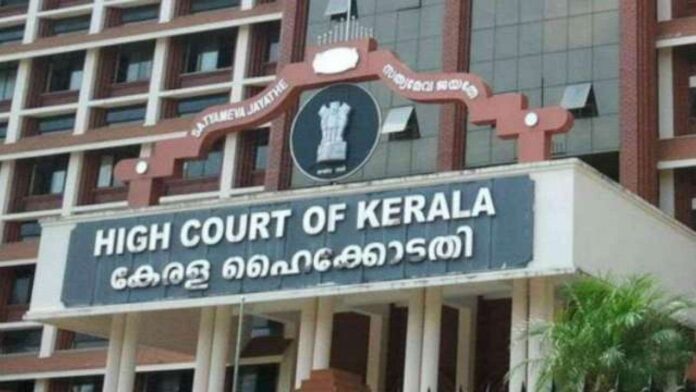On March 15, 2021, in a historical judgement by the Kerala High Court allowed a petition moved by transwoman Hina Haneefa seeking her admission into the National Cadet Corps (NCC). The NCC however has now filed an appeal against this judgement.
According to live law, “In its appeal, the NCC contends that the Single Judge allowed Haneefa enrolment in the NCC’s Senior Division without considering the ramifications. The Judge ignored the serious psychological and physiological implications caused on girl cadets as also the practical concerns expressed during the proceedings, the NCC’s appeal memorandum reads. It is also submitted that the NCC was primarily aimed at grooming cadets for a future with the Armed Forces whereas there was no provision for entry of Transgender (Female/Male) into the services.
Also read: SC Issues Notice for Establishment of Transgender Welfare Board
Stating that the NCC Act presently allows enrolment only to males and females, it is argued that no mandamus “can be issued to amend, add or delete any words in a statute since the same comes under the prerogative of legislative (legislature)”. Further, the appellant posits that the NCC is governed by the NCC Act and it is not empowered to amend any Acts passed by Parliament.
Justice Anu Sivaraman had noted in her judgement that the Transgender Persons(Protection of Rights) Act 2019 recognises the right of transgender persons to a life of dignity, prohibits discrimination as against them. Provisions of the NCC Act cannot preclude the operation of the Transgender Rights Act, 2019.
Also read: Transgender to be a separate gender category in prison statistics
Taking the stance that the Single Judge’s reliance on the Supreme Court’s ruling in NALSA v. Union of India is misplaced, the NCC in its appeal avers, “The Learned Single Judge, under the judgment has sought to extend the scope of the Supreme Court judgment rendered in ‘Nalse (NALSA) Vs. Union of Inda’ without referring to the distinctions that the issue of propriety of permitting a transgender o take part in a group activity and community life exclusively meant for girls, solely based on the self-perceived identity, was not an issue either considered nor decided under the said judgment.”
However as Jethu Elza Cherian writes in Outlook India, one positive aspect of the 2019 Act, however, was that it clearly stated that “no establishment shall discriminate against transgender persons in matters relating to employment, recruitment, promotion and other related issues”. Hence, despite the reservations voiced against the latest Act, the Ministry of Personnel in April 2020 asked all ministries and departments to modify relevant examination rules to include ‘transgender’ as a separate category of gender for central government jobs.
Also read: Why the transgender community is protesting against Transgender rights Bill?
We have to note that this appeal by the NCC opeans up larger questions of military services open to transgender persons. This has been a question that the transgender rights activists in America and some other countries have been debating. Donal Trump for example had infamously banned transgender persons from serving in the military and Joe Biden lifted this ban recently. Nineteen countries including not very far from India, Thailand, have transgender persons serving in the military. Going by NCC’s appeal, along with the questions regarding cis gendered women representation in armed forces, the question that arises is will the Indian military allow transgender persons to serve?





























